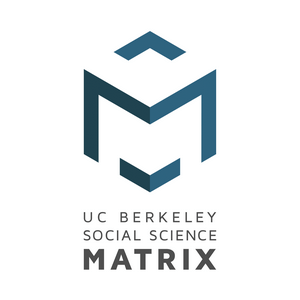What are the economic consequences of starting, but not completing college? On this episode of the Matrix Podcast, Sarah Harrington, Program Manager at Social Science Matrix, spoke with Sarah Payne, a sociologist who recently published a paper in Sociology of Education that examined what happens when students begin college but fail to graduate. "Although non-completion yields higher income than never attending college, it also increases financial hardship among more-disadvantaged groups through the mechanism of student debt," Payne wrote. "However, non-completers of most groups would have had greater income and experienced less financial hardship had they graduated."
Payne is currently a Postdoctoral Research Associate at The Broad Center at Yale School of Management. She earned a PhD and an MA in sociology from UC Berkeley and bachelor's degrees from Wellesley College. She studies culture, inequality, and organizations, particularly in contexts of education and precarious work, using quantitative and qualitative methods. Her research investigates how racial inequality is produced, reproduced, and mitigated, as well as the meaning people make of it. She examines PK-12 schools, higher education, and work in early adulthood as contexts where these processes happen. She is particularly interested in inequality at the intersections of race, gender, and class, and in how subjectivity (selves, emotions, mental health, social psychology, agency), culture, and debt relate to racial inequality in organizations and society. Payne's work has been supported by the National Science Foundation Graduate Research Fellows Program and the Institute for Research on Labor and Employment at UC Berkeley.
Prior to graduate school, Payne worked in PK-12 public education and college access, state government, and public interest organizing. She has been a middle school teacher and college counselor in Louisiana, and she co-founded College Beyond, a college persistence non-profit serving Pell-eligible undergraduates in the Greater New Orleans region.
A full transcript of the recording is available at https://matrix.berkeley.edu/research-article/sarah-payne.


